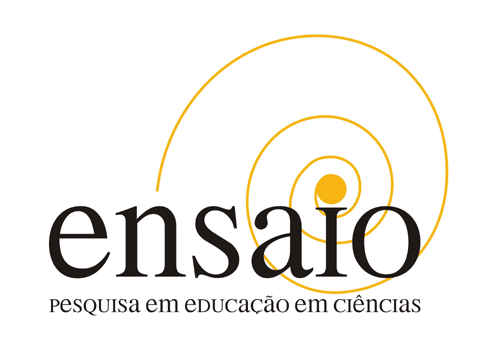Abstract:
Identifying nature social representation has been shown to be an adequate way to understanding citizens' attitude regarding nature and environment. This paper aims at reporting the results of a comparative research comprising school students at four schools in the city and countryside of Rio de Janeiro. Questionnaires and interviews were carried out in order to identify the students' social representations of nature, and the research was based on the qualitative approach proposed by Lefèvre: the collective subject discourse analysis. The results show that there is a prevalence of the idea of separation between man and nature among the students investigated. We were also able to detect the influence of different school settings where students studied and lived in: rural, social-economic, of pressure with pre-entrance exams (vestibular) and of aspects concerning religious education. Thus, it was possible to associate the social representation of nature expressed in each group of students with wider cultural patterns and also with their social and school contexts. We reinforce that the research data indicate that school actions influence students' behavior and, in this sense, they remind us that educationally appropriate actions may lead to more desirable results, for instance, in what concerns learners' representations of nature.
Keywords:
nature; environment; elementary students
